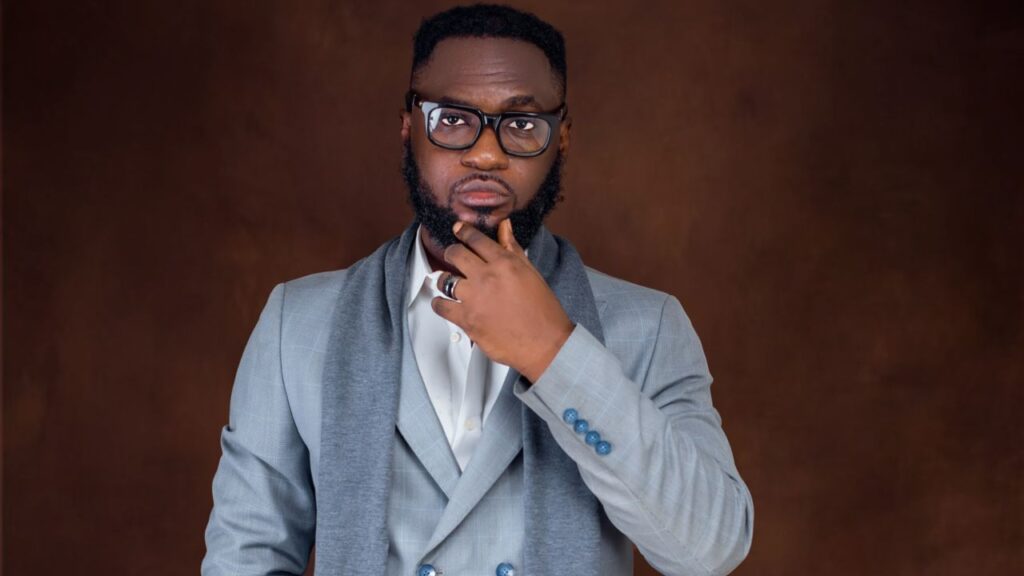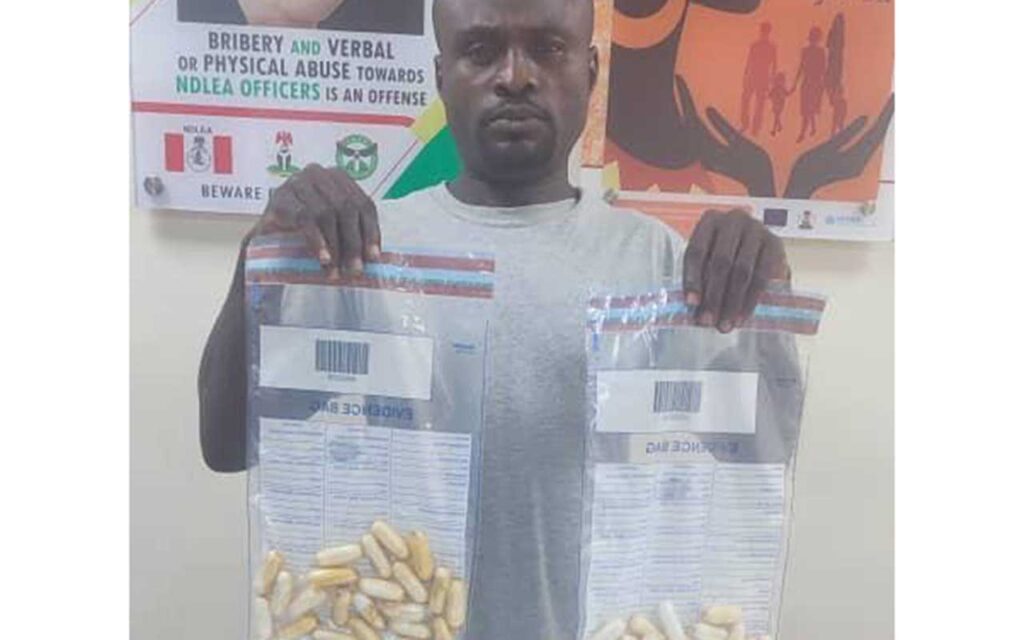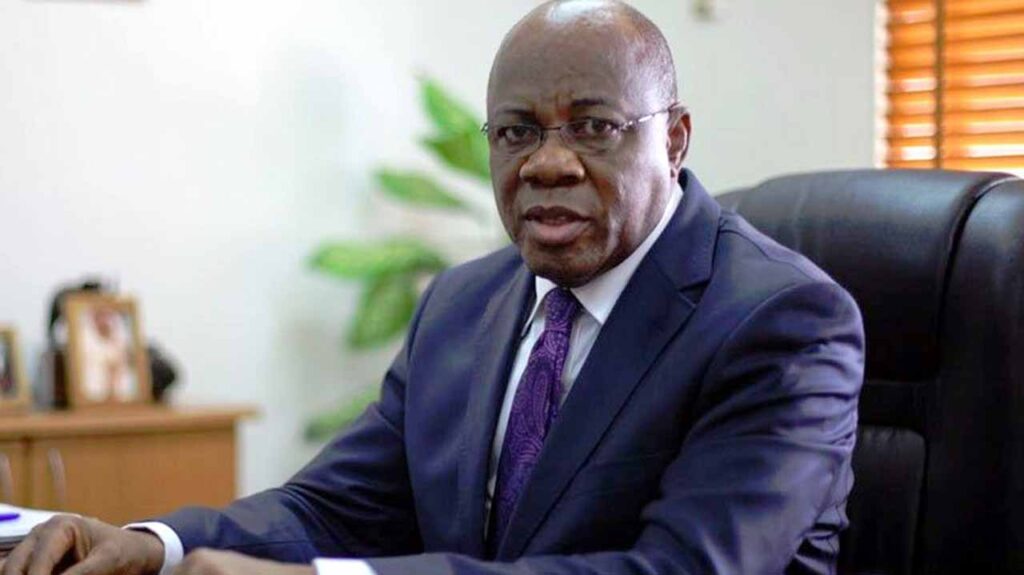
The winds of change are sweeping through Nigeria, and at the forefront Nigeria leaders should be committed to leveraging technology for national progress. As conversations around blockchain and cryptocurrency adoption heat up, tech innovator Adesola Fakile, founder of Lagos-based Megaheadz, offers a compelling perspective on how these technologies can unlock transformative potential for rural communities.
“Rural Nigeria,” Fakile begins, his gaze reflecting the depth of his thoughts, “holds the heart and soul of our nation. But it also carries the weight of inequality and limited access to resources. This is where technology, particularly blockchain, can be a game-changer.”
A transparent and secure land registry on the blockchain,
Farmers could finally have indisputable ownership records, eliminating land grabs and disputes that often plague rural communities. This would unlock access to credit, investment, and empower farmers to negotiate fairer prices.”
The impact, Fakile emphasised, would be far-reaching. “Secure land rights empower farmers, attract investment, and stimulate agricultural growth. This directly translates to improved livelihoods, food security, and economic opportunities in rural areas.”
Building trust and transparency
Beyond land management, Fakile sees blockchain revolutionising government service delivery. “Imagine a system where government subsidies and aid reach intended beneficiaries directly, eliminating middlemen and corruption,” he said. “Blockchain, with its inherent transparency and immutability, can rebuild trust between citizens and the government.”
This, he explained, can streamline social safety nets, ensure targeted and efficient distribution of resources, and empower rural communities to hold their leaders accountable. “Think of it as a direct line of communication, fostering trust and participation in the development process.”
However, Fakile acknowledged the road ahead won’t be smooth. “Infrastructure gaps, digital literacy hurdles, and regulatory uncertainties pose significant challenges,” he admitted. “But these are not insurmountable.”
He advocated for a collaborative approach, urging the government, tech companies, and communities to work together. “We need pilot projects, capacity building programmes, and clear regulations that foster innovation while mitigating risks.”
Empowering the Grassroots, As the conversation shifts towards empowering rural communities, “Imagine a blockchain-based platform where farmers can directly connect with consumers, eliminating exploitative middlemen and securing fair prices for their produce,” he described. “This not only boosts their income but also builds resilience and economic independence.”
Furthermore, he envisioned blockchain-powered microfinance models, enabling rural entrepreneurs to access small loans and financial services previously unavailable. “Financial inclusion is key to unlocking the entrepreneurial spirit within rural communities,” he believed.
The power of collective action
Mr. Fakile concluded with a resounding message: “Change doesn’t happen in isolation. We need collective action – government, tech companies, communities – all working together to leverage the power of blockchain for good. By addressing challenges, creating an enabling environment, and focusing on community-driven solutions, we can unlock a future where technology empowers rural Nigeria, bridging the gap between the present and a brighter tomorrow.”
The potential of blockchain to transform rural Nigeria is undeniable, but its success hinges on collaborative action, responsible implementation, and a commitment to addressing the existing challenges. Perhaps, the key lies in embracing technology not as a silver bullet, but as a powerful tool that, when wielded thoughtfully, can empower communities, bridge divides, and pave the way for a more equitable and prosperous future for rural Nigeria.











